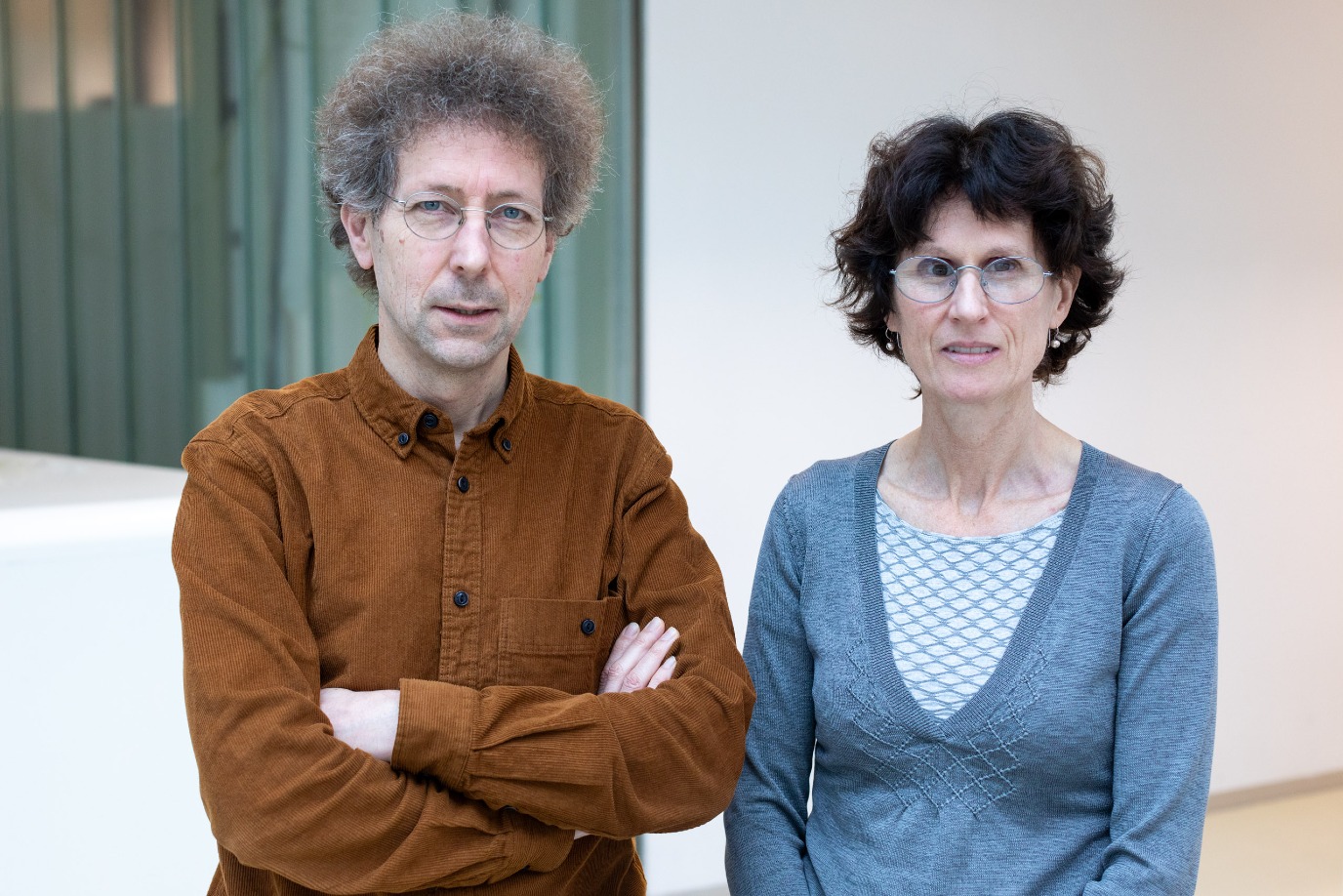Ammodo Science Award for tuberculosis vaccine
For their pioneering research on tuberculosis, Prof. Adri Minnaard of the Stratingh Institute for Chemistry , Prof. Branch Moody (Harvard University) and Dr. Ildiko van Rhijn (Utrecht University) will receive the Ammodo Science Award for groundbreaking research . Their multidisciplinary 'Lipidomics Team' will use the €1.6 million prize to further develop tests and vaccines against tuberculosis.
The Ammodo Science Award is given to potentially groundbreaking internationally recognised research conducted in teams. The award ceremony will take place this spring at the Rijksakademie van beeldende kunsten (State Academy of fine Arts) in Amsterdam.

Minnaard: "Winning the prize means we can go ahead and explore some bold hypotheses without making them plausible beforehand."
Crucial role lipids
The Lipidomics team has been researching tuberculosis for more than fifteen years. With more than one and a half million deaths every year tuberculosis is the deadliest bacterial infectious disease worldwide. With their research, the team has revealed that tuberculosis bacteria survive in the human body by producing unique lipids. This allows the bacteria to remain dormant in the body for a long time until the immune system is weakened, and the carrier becomes ill. With the research findings, scientists now better understand the infectiousness of tuberculosis.
Mission: good test and vaccine
The Lipidomics Team's mission is to establish a reliable diagnostic test and develop an effective vaccine for tuberculosis. Both are now in development, although it will take several years before they reach the market. Minnaard underlines that winning the prize is important for the research: "It means we can continue and explore some bold hypotheses without making them plausible beforehand."
Fight against other bacterial pathogens
The insights gained by the team will also likely help them map other important bacterial pathogens. The next step is to set up a research programme on newly discovered lipids in the bacteria that cause typhoid fever, blood poisoning and skin infections.
More information
More news
-
05 November 2025
Ten years of lifting paving stones
-
04 November 2025
Prostheses with a human-centered approach
-
04 November 2025
AI Factory in Groningen advances digital sovereignty
